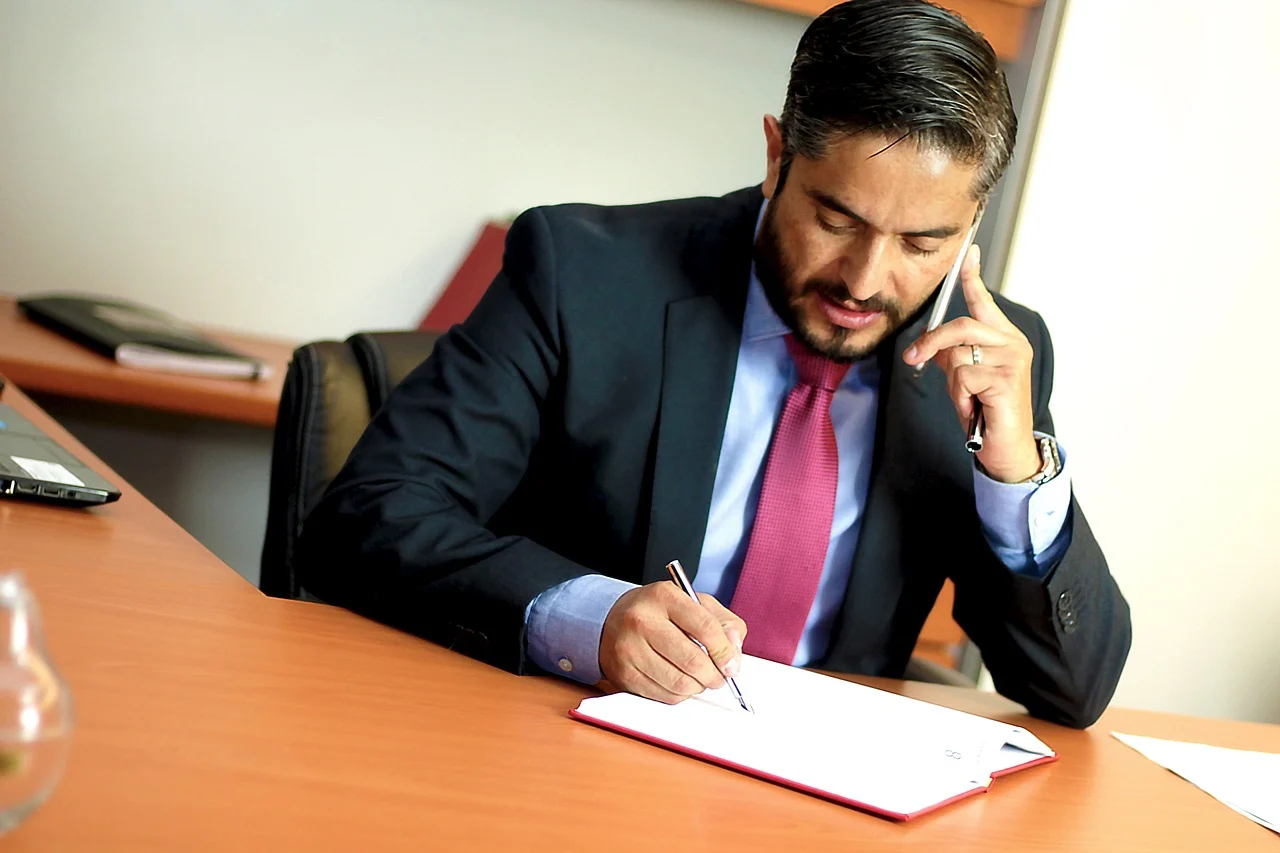
When it comes to industries that need legal counsel, almost every industry should consider it. However, the energy industry is one industry where legal representation is an absolute must-have as the industry is extremely complicated and must jive with many local and federal agencies in order to conduct business.
Due to the size of the industry and the regulation involved, energy law is something that lawyers study and specialize in. Since the industry changes so often, and as legal rules change, having an attorney with experience is crucial in order to make sure your energy business is on the cutting edge of legislation and regulation. Attorneys such as Douglas Healy go to years of school and have over 20 years of experience in order to truly be an energy law specialist.
What is Energy Law?
Energy law is the practice of attorneys working with companies when it comes to public utilities, the taxation of energy, as well as procure licenses and ownership rights for the energy-rich sea, or land along with the appropriate energy rights. Energy law is meant for corporations and government agencies as consumers would rarely ever find the need to consult with an energy lawyer. Here are some common terms used in the energy law space that are important to understand:
- Fracking – Fracking is the forcing of water or chemicals into shale rock at extremely high pressure in order to release natural gas deposits.
- Distribution – When it comes to natural gas, the act of distributing gas from the plant to the consumer involves the distribution process. For electric, it is the act of distributing power usage via lines to retail customers.
- BTU – British Thermal Unit (BTU) is essentially the heat value of the fuel source. A BTU is the amount of energy requires to raise the temperature of one pound of water just one degree Fahrenheit.
- Hydropower Re-License – The Commission gives out major or minor licenses for a certain period of time per project. License terms can range from 30 to 50 years in most cases.
- Environmental Impact Statement: This statement is required of federal agencies by Section 102(C) of the National Environmental Policy Act. This act deals with verbiage regarding how major federal actions may significantly affect the quality of the human environment of our country and world.
Work Energy Attorneys Do
Energy attorneys frequently work with power companies, municipal utilities, as well as any other type of energy producers. Most of the work that these types of attorneys do circles around the laws regarding compliance and regulation by the federal agencies that oversee their specific energy production. It’s no secret that energy production can be dangerous and impact the environment, so there are a lot of safety regulations as well as environmental regulations that must be followed. Failure to follow such regulation can lead to incredibly hefty fines, and in some cases can cause the shutdown of an entire energy production operation.
Aside from the regulation, there is the money side of the industry, which usually involves numbers in the billion ranges or higher. Securing financing for multi-billion dollar projects requires legal skill in order to draft up legally binding contracts as well as securing lease rights and energy rights in order to accomplish the energy production job at hand.
Energy production is also not limited to just the United States, but many US-based companies have energy operations in foreign countries. Since international law can differ greatly from US law, using energy attorneys to help navigate the legal regulations and laws of the country that has an energy operation requires specialization and skill from an energy attorney.
How To Become An Energy Attorney
The career path to becoming an energy attorney starts with picking an undergraduate degree program from a reputable school. This undergraduate degree is a requirement of most law schools in order to be able to be considered to attend. The undergraduate degree can be in any subject of your choosing, but getting a bachelor’s degree in energy law, engineering, or policy is definitely something that can give you the edge in the long run.
The second part of the process is to take the LSAT. Having a good score on the LSAT is required in order to be eligible to be selected by a law school. There are several courses available that can help you to prepare for taking the LSAT, which is definitely a good idea.
The third part is to graduate from law school. Picking a law school that is known for producing well-respected energy lawyers is important. These classes will help students gain in-depth knowledge about energy law, contracts, and policies.
Fourth, you must pass the Bar exam as every state requires lawyers to pass an exam to be eligible to practice law. Once you have been accepted by the Bar, you can then enter the job pool and work as an energy attorney.










